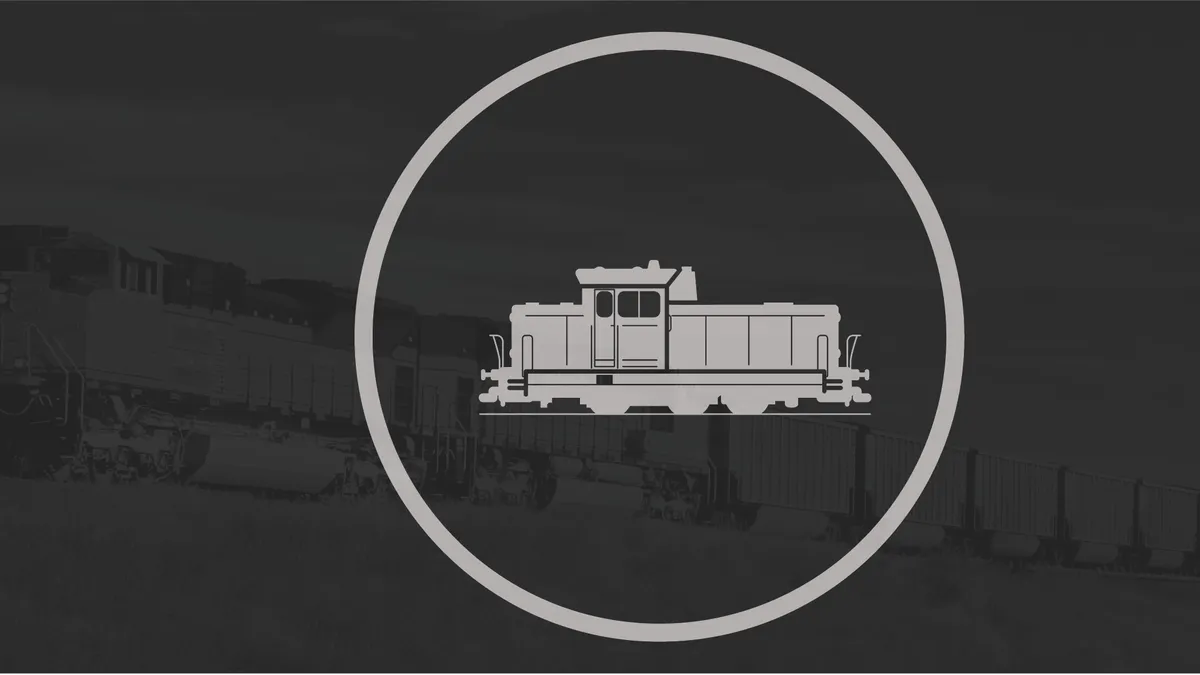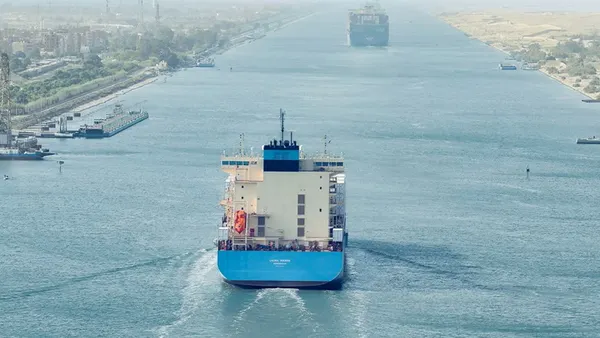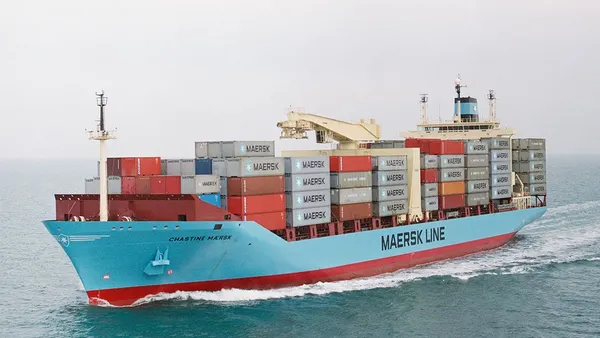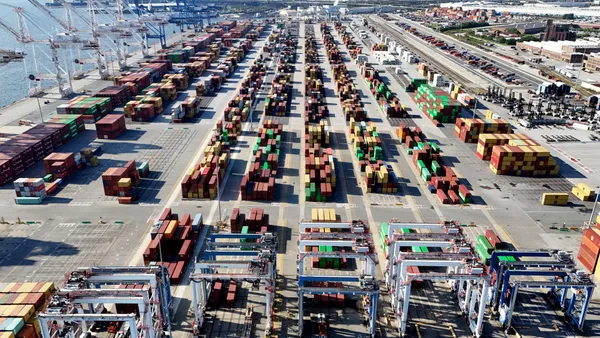Editor's Note: This story is part of a weekly analysis of the logistics industry's latest statistics. See an overview in our data hub.
Dive Brief:
- Rail intermodal and carload traffic rose for the third consecutive month in June, setting up hope the rail industry's rebound may be permanent after a lengthy recession that began January 2015.
- Carload shipments rose 0.85% to 1.160 units in June, while intermodal shipments rose 0.49% to 1.158 units compared to the previous month. The gains are more impressive on a year-over-year basis, with carloads rising 5.69% and intermodal shipments increasing 5.28% compared to June 2016.
- The latest figures suggest a steady recovery for carload shipments, which suffered the most during the industry's recession. As of June, carloads exceeded intermodal traffic for the first time since September, 2016, and for only the third month in the past year.
Dive Insight:
Carload shipments may be on the upswing, but questions over the permanence and degree of recovery of the sector's recovery remain.
Year-over-year volumes may be up, but against a rather weak comparison. The last time carload volumes were so low was during the Great Recession, with the sector hitting a then-historic low of 1.07 million units (seasonally adjusted) in May 2009. The latest recession's trough in April 2016 fell even below those levels, to 1.04 million units.
In addition, the graph above shows carload volumes have never quite recovered from such major dips. Still today, June's "recovery" in carload shipments place volumes 16.5% below the pre-recession volumes recorded June 2008. Such heavy downfalls suggest the decline of carloads is structural, rather than cyclical.
However, the story is different when it comes to intermodal traffic. Volumes have been on the rise consistently since the Great Recession, and recent port data and investments suggest they will only continue to grow as peak season sales rise. June's carload volume rise above intermodal traffic may indicate a consistent recovery, but it may not be permanent.













